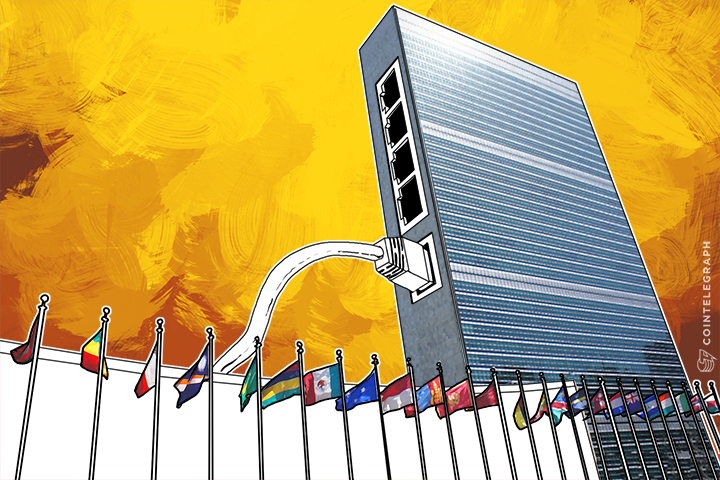It was an exciting week in the northeastern United States as world leaders from China, Russia, and even The Vatican gathered to discuss the future of mankind at the United Nations headquarters in New York. Tenets for a so-called “voluntary” initiative called Agenda 2030 were discussed, and one issue that was addressed was an official recommendation to begin controlling the Internet, reports the Washington Post.
What is a ‘Cyber-VAWG’?
Global dignitaries included President Obama, Chinese President Xi Jinping, French President Francois Hollande, German Chancellor Angela Merkel, Iranian President Hassan Rouhani, Pope Francis, and others. The U.N. used the three-day summit to push certain ideals, one of which was disseminated by a report from the U.N.’s relatively unknown Broadband Commission for Digital Development.
The Broadband Commission for Digital Development is looking to stop online violence against women and girls, or “cyber VAWG,” and produced a report on the matter. According to them, online harassment of women and girls in this “world-wide wake-up call” was featured in this new report. Almost 3 out of 4 women are being “abused online” and nations need to start controlling the Internet to stop this “pandemic.”
The Broadband Commission for Digital Development has recommendations on governments and online companies should deal with this issue.
“Political and governmental bodies need to use their licensing prerogative to ensure that only those Telecoms and search engines are allowed to connect with the public that supervise content and its dissemination,” the report recommends.
In other words, every Facebook and Twitter post will need to be supervised and regulated to protect the world from the scourge of the “cyber-VAWG”. This issue alone, if not one like it, is recommended to be used as a reason to withdraw licensing for “those Telecoms and search engines” to operate who do not control online content. Regulators may get a new amount of legal leverage against Internet companies and providers to restrict online privacy and freedoms to fit their agenda.
This previously unheard of commission released this report during this global get-together for a reason. It has more influence over world leaders than you would think, and many countries pass along U.N.-sanctioned recommendations as future law. Initiatives like Agenda 21 (21st century) and Agenda 2030 are being signed off on by nations around the world, and recommendations like these tend to get hidden in the fine print.
“Cyber-VAWG” is just an issue to hide behind for future online restrictions and regulation just like “terrorism” is used in the mainstream to create new government agencies that take privacy and freedom away form citizens every day.
The United Nations has a long history of influence in the future of many governments. That this report was dropped during this major conference was not a coincidence. It seems that national, or global, control of the Internet is starting to gain momentum amongst world leaders. More information on U.N. initiatives Agenda 21 and Agenda 2030 is available online.



